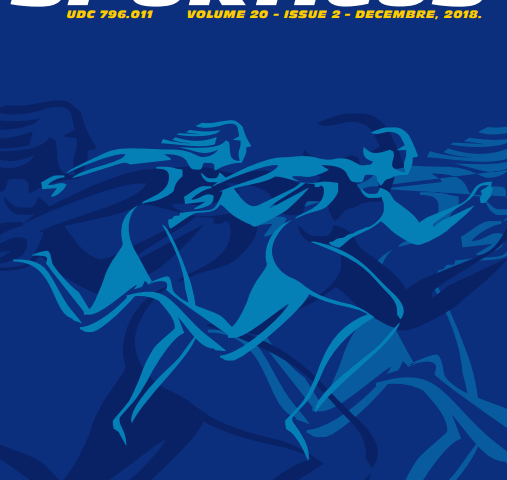Abstract
The purpose of this paper is viewed through the analysis of the impact of sports manager ‘sports science education’, as well as sports manager with education outside of sports science, to football organizations in Sarajevo Canton as it pertains to business and sporting success for the season 2003/2004. Research has been conducted on a stratified sample of 27 football clubs of Sarajevo Canton, the number of respondents (N = 405) with a total of 81 variable. Scale estimates of samples were created based on the Likert model, Terstons and Bogardus scales with higher numbers of stages 1-10, 1-100, which gave a stronger discriminative force to the instrument. Data were analyzed with SPSS 12.0 statistical package for Windows, using the regression analysis. Based on the results obtained, it is found that business success in football is directly affected by ‘sports science education’ of sports managers, specifically those with a minor in coaching and training school. The sporting success, as it turns out, is also directly affected by ‘sports science education’ of sports managers, specifically with a coaching and training minor or a sport science and physical education degree. Interestingly, statistically significant correlation was found attributing to the impact of managers whose education is outside the sports orientation to both business and sporting success, which can be interpreted as a consequence of engaging licensed managers in football clubs. Research results could be used for identifying current market mechanisms with respect to the institutions that educate sports managers, innovating existing curricula and significantly linking education with practice. Moreover, research results indicate the need for creation of a new managerial philosophy in football organizations that are to be based on continuous organizational learning and education


